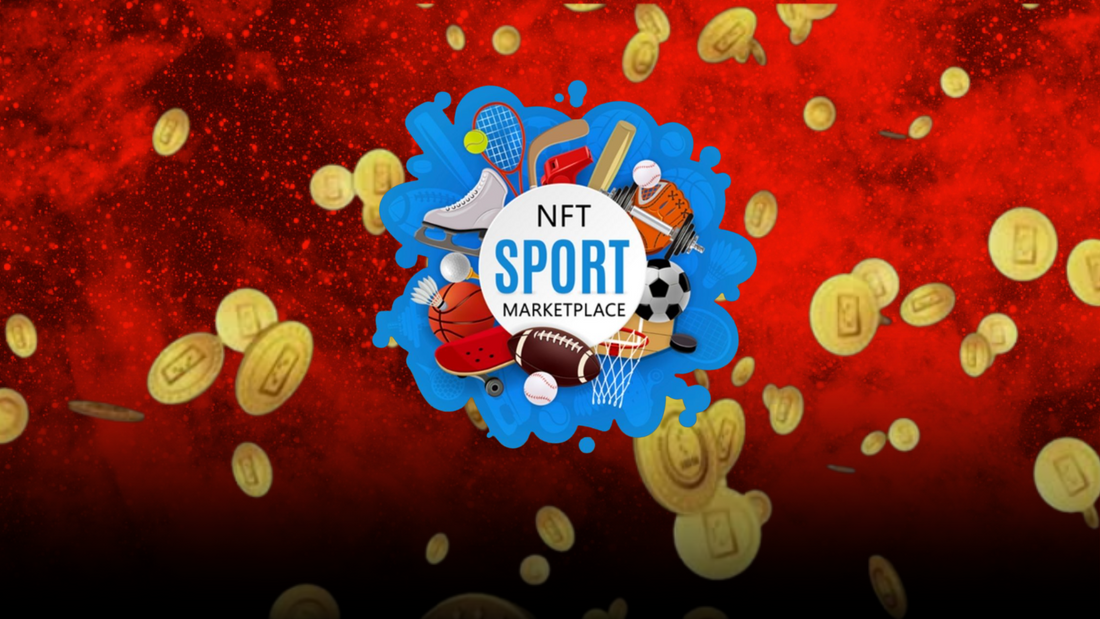
NFT Sports Cards: Are Digital Collectibles the Future of Sports Memorabilia?
By Jason Bolton June 27, 2025 07:20
The sports memorabilia landscape is evolving rapidly, with NFT (non-fungible token) sports cards emerging as a revolutionary force. As traditional physical trading cards continue to hold value, the rise of digital collectibles is reshaping how fans, collectors, and investors engage with sports memorabilia. The question on many minds in 2025 is whether NFT sports cards represent the future of this $11.5 billion industry or merely a passing trend.
Market Growth and Digital Transformation
The global sports trading card market is projected to grow at a compound annual growth rate (CAGR) of approximately 9.3% between 2025 and 2034, driven by increasing demand for rare and limited-edition cards, both physical and digital. Within this broader market, NFT trading cards are experiencing even more explosive growth. Recent reports estimate the NFT trading cards market to grow at a CAGR of 9.4% through 2032, with some forecasts suggesting a surge from $1.5 billion in 2024 to over $10 billion by 2033.
This rapid expansion is fueled by advances in blockchain technology, which provides a secure, transparent, and immutable record of ownership. Unlike physical cards, NFTs cannot be duplicated or counterfeited, offering collectors confidence in authenticity and rarity. Additionally, digital platforms enable instant trading and global access, lowering barriers for new collectors and investors.
Why NFTs Appeal to a New Generation
NFT sports cards combine the nostalgia of traditional collectibles with the innovation of digital assets. They often feature dynamic content such as highlight reels, player stats, and interactive elements that physical cards cannot match. Gamification and community engagement are also integral, with platforms offering rewards, challenges, and social features that enhance user experience.
According to market analyst Sarah Jenkins, “NFTs are bridging the gap between traditional sports fandom and the digital economy. They offer a new way to own, trade, and experience sports memorabilia that resonates with younger, tech-savvy audiences.” This shift is evident as major sports leagues and brands increasingly collaborate with NFT creators, launching official digital card collections that attract millions of users worldwide.
Challenges and Skepticism
Despite the excitement, the NFT sports card market faces hurdles. Volatility in digital asset prices, regulatory uncertainties, and environmental concerns related to blockchain energy use have sparked debates among collectors and industry experts. Some traditionalists question whether digital cards can match the emotional and tangible value of physical collectibles.
Veteran collector Mike Reynolds notes, “While NFTs offer exciting possibilities, the tactile experience of holding a graded, vintage card still holds a unique place in the hobby. The challenge will be whether digital collectibles can sustain long-term value beyond hype cycles.”
The Hybrid Future of Sports Collectibles
Rather than replacing physical cards, NFTs are increasingly seen as complementary. Many companies now offer hybrid products physical cards linked to NFTs or digital cards with redeemable physical counterparts. This integration leverages the strengths of both formats, appealing to a broader audience.
Industry leaders like Panini and Topps have embraced this model, integrating blockchain technology into their traditional offerings. This strategy not only broadens market reach but also enhances provenance and liquidity for collectors.
NFT sports cards are undeniably transforming the sports memorabilia market, offering innovative ways to collect, trade, and engage with favorite athletes and teams. With projected market growth outpacing traditional cards, digital collectibles are carving out a significant niche that is likely to expand in the coming decade.
However, the future of sports memorabilia will likely be hybrid melding the authenticity and nostalgia of physical cards with the accessibility and interactivity of NFTs. As Sarah Jenkins aptly summarizes, “NFTs are not just the future of sports cards they are expanding what sports memorabilia can be.”


































































